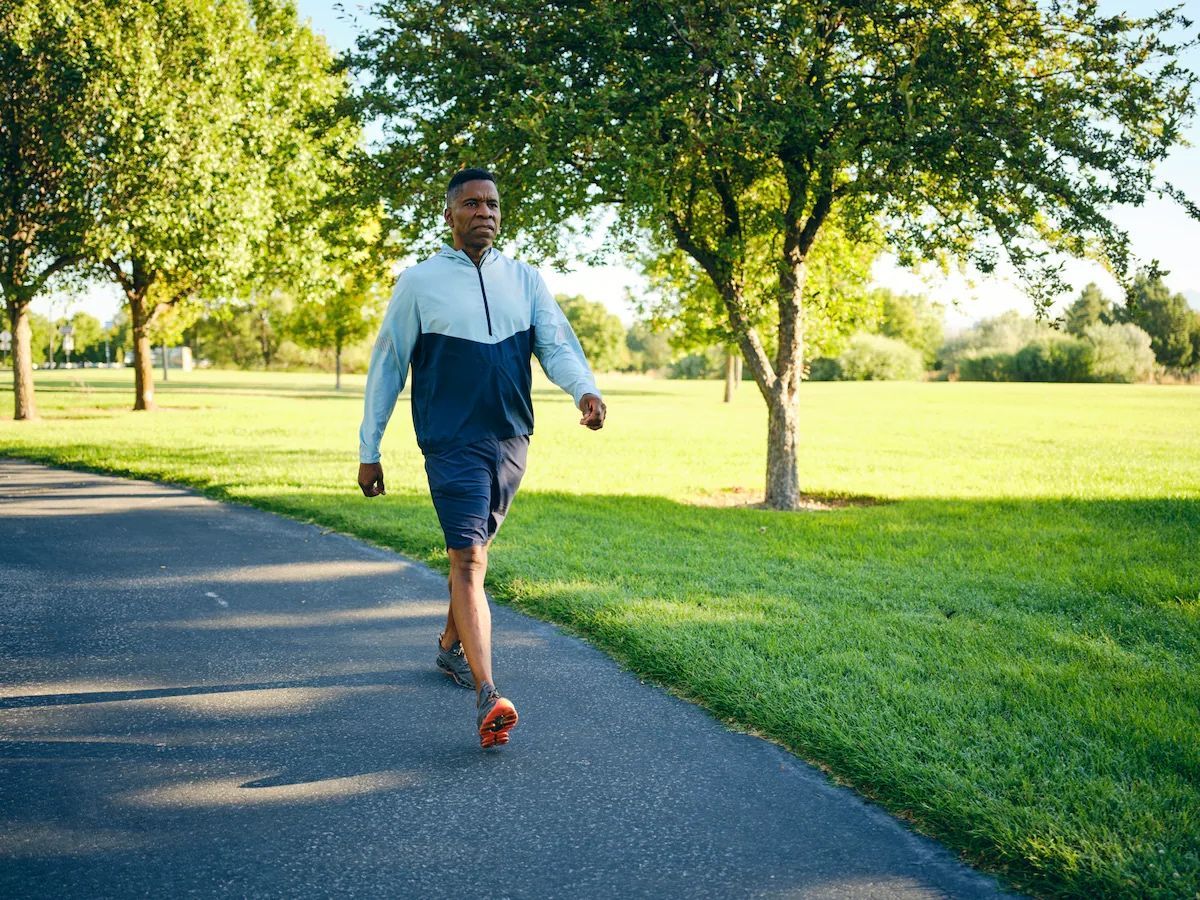Prioritize Your Mental Health and Nutrition This Thanksgiving With These Tips
Thanksgiving is a time for gratitude, connection, and indulgence in delicious meals. While the holiday provides a much-needed opportunity to relax and reconnect with loved ones, it can also challenge mental health and nutrition. Balancing the demands of holiday preparations, family interactions, and the abundance of food requires a mindful approach. Here's how you can prioritize your mental health and maintain a balanced diet this Thanksgiving.
Manage Stress by Setting Realistic Expectations
The holiday season often has expectations—perfect meals, seamless gatherings, and joyful interactions. However, striving for perfection can be stressful. Instead, focus on what truly matters: spending quality time with loved ones and creating meaningful memories.
Delegate tasks where possible. If you are hosting, consider potluck-style meals to ease your workload. Remember, saying no to additional commitments is okay if they overwhelm you.
Practice Gratitude to Boost Mental Well-Being
Thanksgiving is rooted in gratitude; practicing it can enhance your mental health. Reflecting on the positives in your life can shift your mindset, reduce stress, and promote happiness. Start a gratitude circle at your gathering where everyone shares something they are thankful for. This simple practice can set a positive tone for the day.
Make Nutrition a Priority Without Skipping Treats
The Thanksgiving spread is often rich and calorie-laden, but you don't have to sacrifice health for enjoyment. A balanced approach ensures you savor your favorites without overindulging. Fill half your plate with colorful, non-starchy vegetables like roasted Brussels sprouts, green beans, or salads. Remember to slow down, savor each bite, and listen to your body's hunger cues.
Stay Hydrated and Limit Alcohol Intake
Hydration is often overlooked during holiday feasts. Drinking plenty of water not only aids digestion but also helps you feel more alert. While enjoying a festive drink or two is fine, excessive alcohol can contribute to dehydration and amplify stress. Alternate alcoholic beverages with water or sparkling water infused with fruits like lemon or berries for a festive touch.
Stay Active to Reduce Holiday Stress
Physical activity isn't just about burning calories—it's a powerful stress reliever. Incorporating movement into your Thanksgiving routine can enhance your mood and energy. Organize a family walk or friendly football game before or after your meal. Even light exercise can work wonders for your mental and physical health.
This Thanksgiving, give yourself the gift of mental peace and nutritional balance. Focusing on what nourishes your body and spirit will spirit'll create a more fulfilling and joyful holiday experience. Take care of yourself, express gratitude, and savor every moment this Thanksgiving—you deserve it.
Credit Macy Meyer, Prioritize Your Mental Health and Nutrition This Thanksgiving With These Tips
https://www.cnet.com/health/nutrition/prioritize-your-mental-health-and-nutrition-this-thanksgiving-with-these-tips/
















